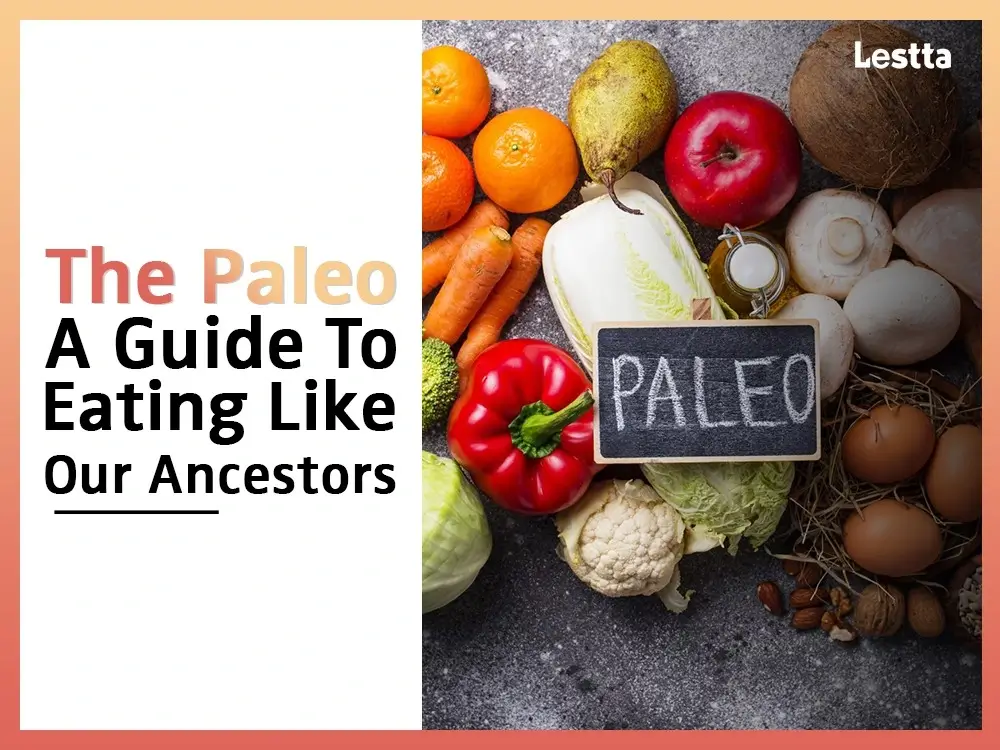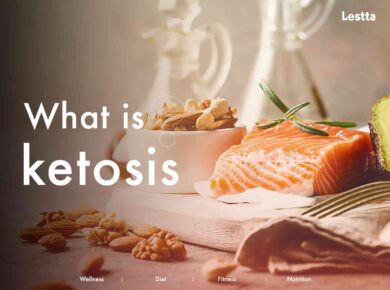The Paleo Diet: A Guide to Eating Like Our Ancestors

The paleo diet, also known as the caveman diet or the Stone Age diet. It is a popular eating plan that focuses on foods that were available to our ancestors during the Paleolithic era. The idea behind the paleo diet is that by eating like our ancestors did, we can improve our health and reduce the risk of chronic diseases.
It is based on the principle that humans evolved to eat a certain way. And that our modern diet, which is high in processed foods, sugar, and grains, is not suited to our bodies. Also, its emphasizes whole, nutrient-dense foods such as lean meats, fish, fruits, vegetables, nuts, and seeds. It is also about avoiding processed foods, grains, dairy, and legumes.
Here are some guidelines for following a paleo diet:
1. Eat plenty of protein
The paleo diet emphasizes the importance of protein, which is essential for building and repairing tissues in the body. Good sources of protein include lean meats, fish, and eggs.
2. Focus on fruits and vegetables
Fruits and vegetables are rich in nutrients and fiber, which are important for overall health. Try to eat a variety of colorful fruits and vegetables to get a range of nutrients.
3. Avoid processed foods
It emphasizes whole, unprocessed foods, and encourages you to avoid foods that are high in sugar, artificial ingredients, and preservatives.
4. Limit grains and legumes
Grains and legumes are not allowed on the paleo diet, as they were not commonly consumed by our ancestors. This includes wheat, rice, corn, and beans.
5. Include healthy fats
It encourages the consumption of healthy fats, such as those found in nuts, seeds, avocado, and olive oil.
Drink plenty of water
Water is essential for maintaining good health, and the paleo diet recommends drinking plenty of water throughout the day.
While the it has its critics, there is evidence to suggest that it can be an effective way to improve health and reduce the risk of chronic diseases. Studies have shown that a paleo diet can lead to weight loss, improved insulin sensitivity, and reduced inflammation in the body.
However, it’s important to note that the it may not be suitable for everyone. If you have any health concerns or medical conditions, it’s important to talk to your doctor before starting any new diet plan.
In conclusion, the paleo diet is a way of eating that emphasizes whole, unprocessed foods and avoids grains, legumes, and processed foods. While it may not be suitable for everyone, it can be an effective way to improve health and reduce the risk of chronic diseases. By eating like our ancestors did, we can support our bodies with the nutrients they need to function at their best.









